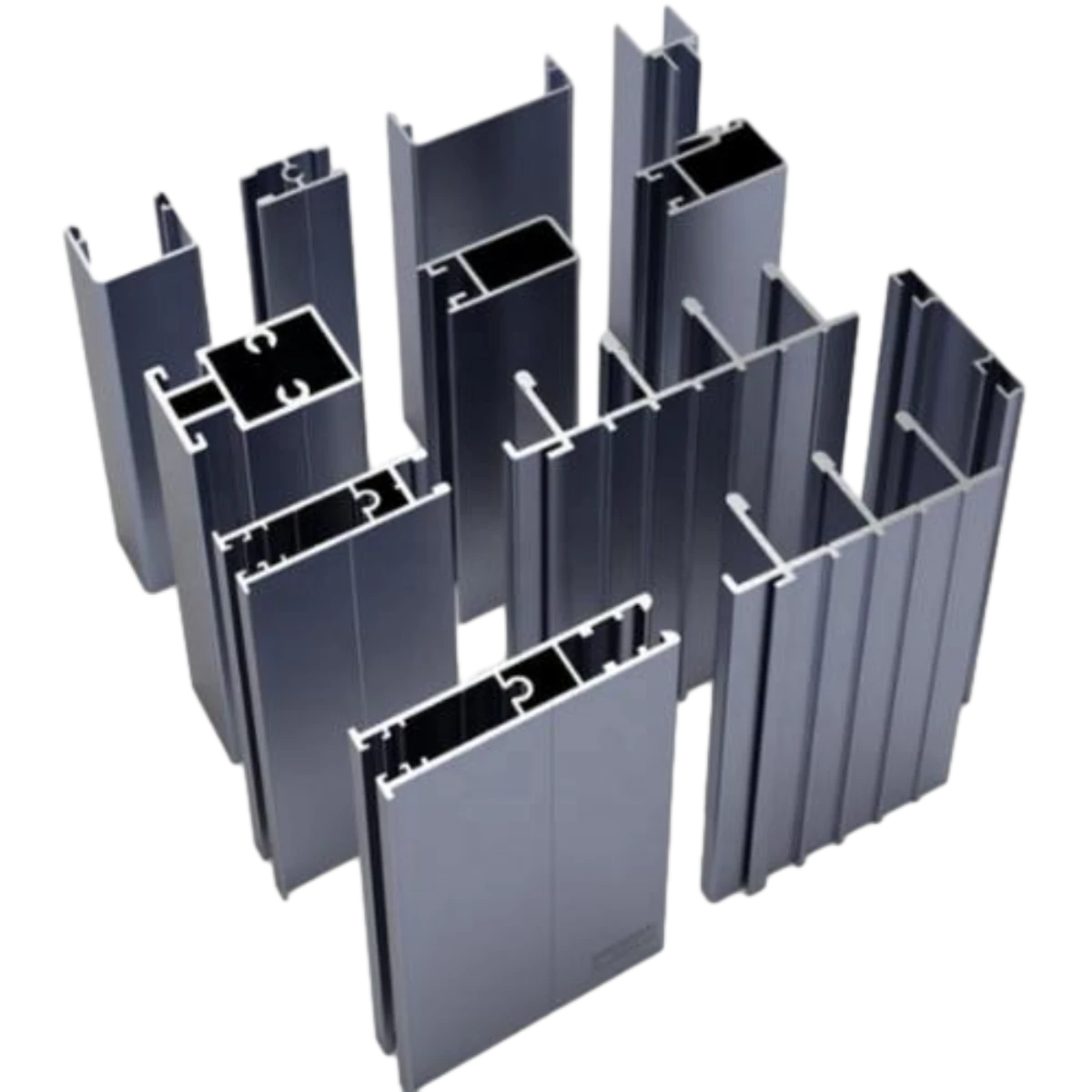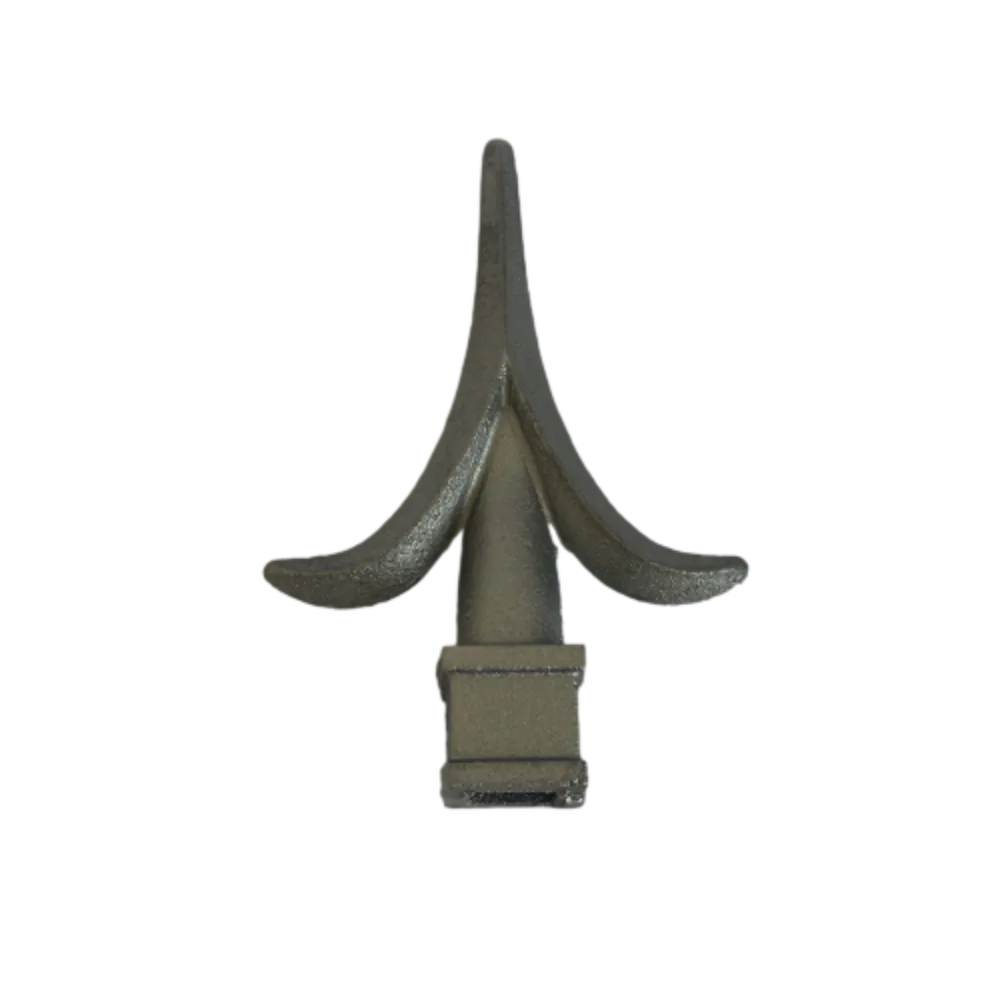Cast Iron Pipe and Fitting: The Durable Solution for Plumbing Systems
When it comes to building or upgrading plumbing systems, choosing the right materials is essential for ensuring long-term performance and reliability. Cast iron pipe and fitting systems have stood the test of time, offering superior strength, corrosion resistance, and the ability to withstand high pressure. In this article, we will explore the physical and chemical properties of cast iron pipes, their corrosion and pressure resistance, as well as installation tips to help you get the most out of your cast iron pipe system. From its unparalleled durability to its cost-effectiveness, cast iron fittings and cast iron soil fittings remain a popular choice for both residential and industrial plumbing systems.
The Physical and Chemical Properties of Cast Iron Pipes
Cast iron pipes are widely recognized for their exceptional durability and longevity. The physical properties that make them a standout in the world of plumbing include their impressive strength, ability to withstand external pressure, and resistance to rust and corrosion.
The strength of cast iron pipe makes it ideal for applications where pipes may be exposed to high levels of stress or external impact. This characteristic is especially important in underground installations or areas where the pipes are vulnerable to shifting or pressure from the surrounding environment.
In addition to their strength, cast iron pipes are naturally resistant to corrosion. This is one of the key reasons why cast iron pipe and fitting systems have been widely used in wastewater systems, drainage lines, and sewage systems. The inherent resistance to rust means that the pipes remain functional and secure over time, even when exposed to constant moisture and harsh chemicals.
On top of that, cast iron pipes are highly resistant to many chemicals commonly found in industrial settings, such as oils, acids, and alkalis. This chemical resistance ensures that cast iron pipe and fitting systems can handle demanding environments, including those found in waste management or industrial waste disposal systems.
Corrosion and Pressure Resistance of Cast Iron Pipes
One of the standout features of cast iron pipe systems is their resistance to corrosion. Over time, traditional pipes made from other materials may degrade due to exposure to water, moisture, or chemicals. However, cast iron pipes are designed to withstand these environmental challenges.
Corrosion resistance is especially crucial in plumbing applications, where constant exposure to water and various chemicals could lead to premature failure in pipes made from other materials. Thanks to the alloy's natural resistance to rust, cast iron pipe offers a reliable and low-maintenance option for plumbing systems that need to handle constant moisture exposure.
When it comes to pressure resistance, cast iron pipes excel in applications that require the ability to bear significant amounts of pressure without failure. Whether used in water distribution systems, industrial pressure lines, or sewage systems, cast iron pipe and fitting systems can handle the rigorous demands of high-pressure environments. This makes them a top choice for municipal plumbing and large-scale infrastructure projects.
Moreover, the resilience of cast iron pipes to external factors such as temperature fluctuations, environmental pressures, and chemical exposure ensures their long-term durability. This makes cast iron pipe and fitting systems a cost-effective solution for projects that require reliable, long-lasting infrastructure.
Installation of Cast Iron Pipes
The installation of cast iron pipe systems is a critical step in ensuring the longevity and effectiveness of the plumbing. Proper installation ensures that the pipes and fittings are secure, leak-free, and ready to handle the demands of the system. Here are the essential steps for installing cast iron pipes.
The first step is to carefully measure and cut the cast iron pipes to the desired length. Once the pipes are cut to size, the next step is to properly align and join them with the appropriate cast iron fittings. There are various methods of connecting cast iron pipes, including the traditional hub-and-spigot method or push-on fittings that require rubber gaskets or seals to prevent leaks. Ensuring the connections are tight and secure is critical for a leak-free system.
After the pipes are joined, they need to be adequately supported. It is essential to use pipe supports, brackets, and hangers to prevent movement that could lead to pipe damage or stress on the joints. These supports will help maintain the stability of the system and prevent shifting due to ground pressure or environmental conditions.
Once installed, it’s important to test the system for leaks. This can be done by pressurizing the system and carefully inspecting each connection for signs of leaks. If any leaks are detected, they should be addressed promptly to avoid further issues down the line.
Why Choose Cast Iron Pipe and Fittings?
Choosing cast iron pipe systems for your plumbing needs comes with many advantages. These pipes have been used for generations and have proven to be reliable in both residential and industrial settings.
One of the key benefits of cast iron pipe and fitting systems is their strength and durability. Unlike pipes made from plastic or copper, cast iron pipes can withstand physical stress, external pressure, and harsh environmental conditions without failure. This makes them ideal for use in underground plumbing, municipal waste systems, and industrial applications.
The inherent corrosion resistance of cast iron pipe systems also makes them ideal for use in environments that require constant exposure to moisture and chemicals. Whether you're installing a new plumbing system or replacing an existing one, cast iron pipe and fitting systems offer a low-maintenance, long-lasting solution.
Additionally, cast iron pipe and fitting systems are relatively cost-effective compared to other materials such as stainless steel or copper. When properly installed and maintained, cast iron pipe systems provide a reliable solution that can last for decades.
By choosing cast iron fittings and cast iron soil fittings, you ensure the durability and strength of your plumbing system. Whether it's for a residential or commercial project, cast iron pipe systems offer a robust, dependable infrastructure that meets the demands of modern plumbing.
-
Plough Wheel Cast Iron Material Enhances Load-BearingNewsNov.10,2025
-
Cast Iron Cooking Stove Heat Retention Ensures Even Food HeatingNewsNov.10,2025
-
Rubber Strip Shock Absorption Protects Window EdgesNewsNov.10,2025
-
Aluminum Profiles High Corrosion Resistance Suits Coastal AreasNewsNov.10,2025
-
Window Handle Aluminum Material Ensures Lightweight DurabilityNewsNov.10,2025
-
Sliding Roller Plastic Housing Fits Aluminum Sliding WindowsNewsNov.10,2025
-
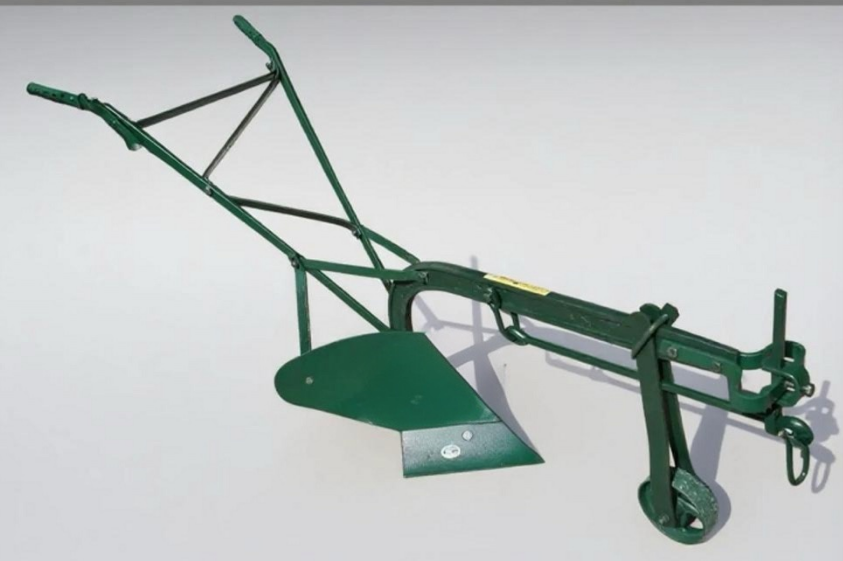 Plough Wheel Cast Iron Material Enhances Load-BearingNov-10-2025Plough Wheel Cast Iron Material Enhances Load-Bearing
Plough Wheel Cast Iron Material Enhances Load-BearingNov-10-2025Plough Wheel Cast Iron Material Enhances Load-Bearing -
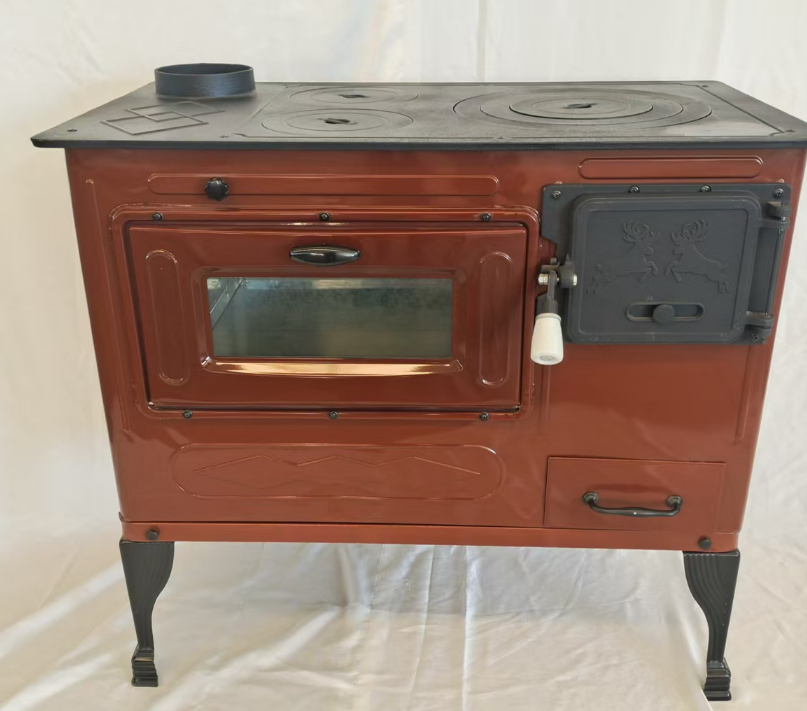 Cast Iron Cooking Stove Heat Retention Ensures Even Food HeatingNov-10-2025Cast Iron Cooking Stove Heat Retention Ensures Even Food Heating
Cast Iron Cooking Stove Heat Retention Ensures Even Food HeatingNov-10-2025Cast Iron Cooking Stove Heat Retention Ensures Even Food Heating -
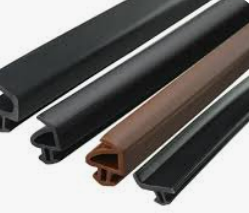 Rubber Strip Shock Absorption Protects Window EdgesNov-10-2025Rubber Strip Shock Absorption Protects Window Edges
Rubber Strip Shock Absorption Protects Window EdgesNov-10-2025Rubber Strip Shock Absorption Protects Window Edges





